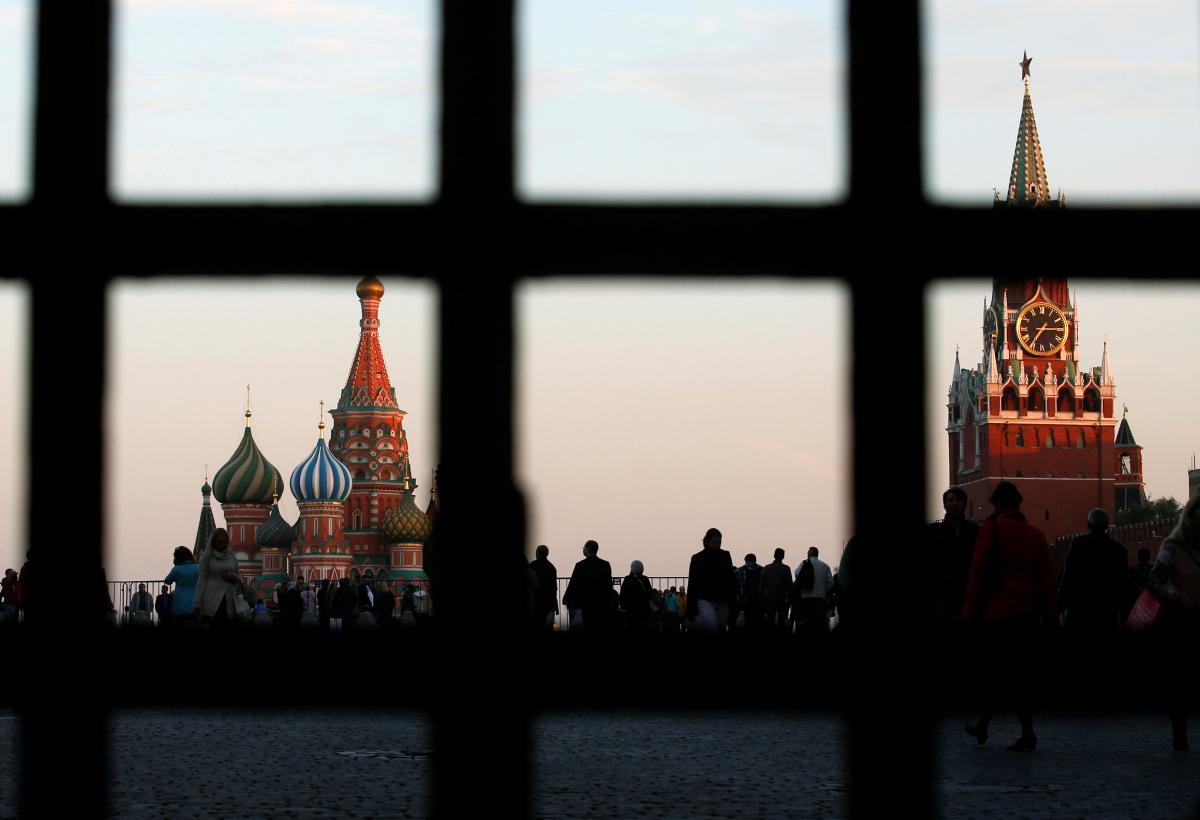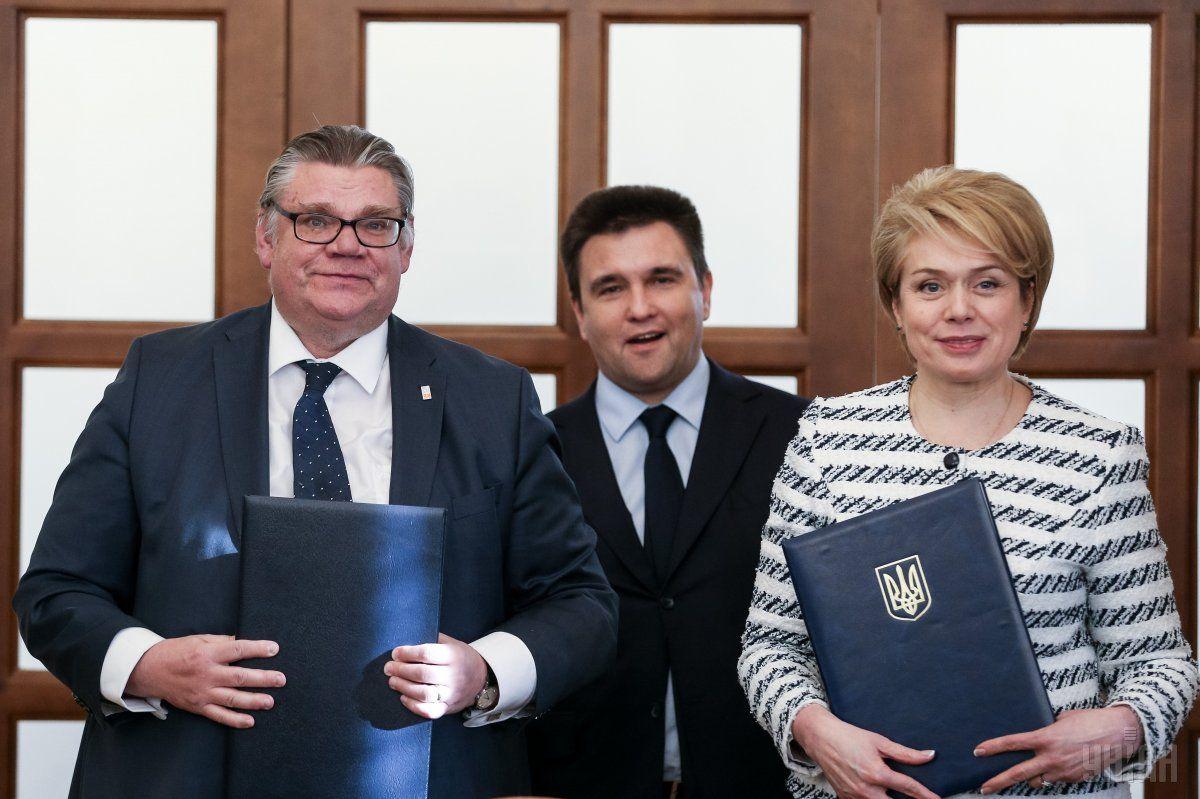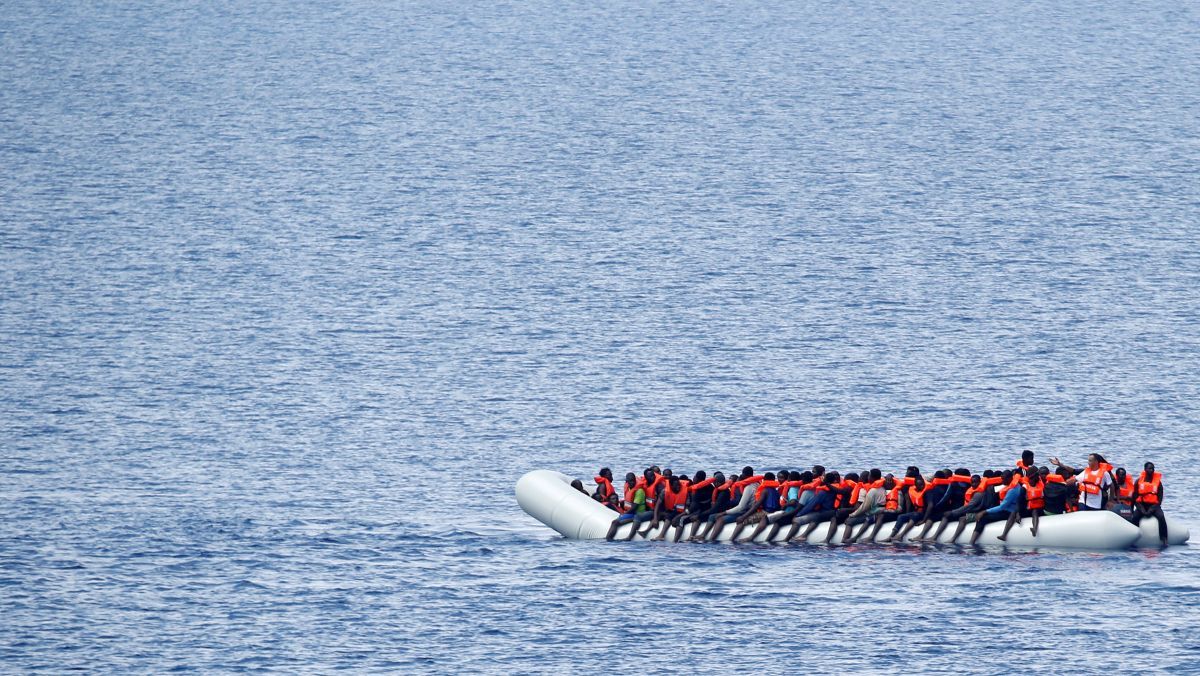
Ukrainian interest. Kremlin's traditional cynicism, Zakarpattia optimism, and migration threat for EU
The Kremlin's stance toward hunger strikes of Ukrainian political prisoners is especially cynical. Moscow and Washington are increasingly discussing the future summit between Putin and Trump. Negotiations of the quartet of Ukrainian and Hungarian ministers in a Zakarpattia resort allow some optimism not only toward Ukraine's participation in the future NATO summit, which is timed with the adoption of the National Security Bill, but also toward the prospects for normalizing bilateral relations. The migration crisis risks becoming a serious problem for the European Union.
The photo of Vladimir Balukh, a Crimean native who has been on a hunger strike for three months, has every reason to fly around global media. The farmer, whose only "fault" is that he remained loyal to Ukraine, chose the extreme way of fighting the Russian government - at the cost of his own health and a real threat to his life. The consequences of refusing food are obvious, posing a serious threat to Balukh's life. Oleh Sentsov, who continues his hunger strike in an Arctic colony risks pretty much the same. In this situation, the statements by Russian Ombudsperson Tatyana Moskalkova that Sentsov is practically in a health medical starvation not only reflect the Kremlin's traditionally cynical attitude toward the destiny people's fates, but should also become indicative for some Western officials advocating the restoration of "business as usual" with the Kremlin. So far, we should admit that despite the agreements reached between Poroshenko and Putin by phone about a mutual visits by ombudspersons to prisoners on both sides of the Russian-Ukrainian border, no such visits have been allowed so far.
Meanwhile, Moscow and Washington are increasingly discussing the prospects for the Putin-Trump Summit, of which John R. Bolton, the U.S. national security adviser, will be speaking in the Russian capital next week. Donald Trump seems to have taken a course toward international meetings that can spark internal political resonance on the eve of the midterms to Congress, and there is an actual possibility that he seriously underestimates the sophistication of the Russian propaganda machine. At the same time, there is no need to fear the surrender of Ukrainian interests at the negotiating table, as it would be something totally beyond Washington's interests, while the sanctions act will not allow the 45th U.S. president to mess things up.

Negotiations of the quartet of Ukrainian and Hungarian ministers in Nyzhnye Solotvyne in Ukraine's Zakarpattia region saw some positive developments. Hungary's top diplomat Peter Szijjarto stated his readiness not to block Ukraine's participation in the discussion of security in the Black Sea region, but remained firm on his intentions to block the upcoming meeting of the NATO-Ukraine Commission. However, the position of the official Budapest regarding the Ukrainian education law has softened significantly, now boiling down to a demand to implement the recommendations of the Venice Commission, which is rather doable.
The Verkhovna Rada of Ukraine successfully passed the National Security Bill, practically within four months since its submission by the president. The new legislation gives grounds for continuing negotiations on Euro-Atlantic integration. Although Ukraine's current defense spending is larger than that of any NATO Ally in relation to GDP, the meeting in Brussels should be approached without overstating expectations. It will certainly not bring any Euro-Atlantic breakthrough for Ukraine while Kyiv will have to fight to ensure that the Allies strengthen the signal on their desire to see Ukraine among NATO member states in the medium term.

As for our Hungarian neighbors, Budapest not only adopted a package of laws laying down severe punishment for assisting illegal migrants, but together with their colleagues in the Visegrad Four are going to boycott the EU mini-summit on illegal migration. The new Italian government managed to quickly bring the issue to the top level of discussion in the European Union, at the same time provoking the aggravation of relations between the leaders of the CDU and CSU of Angela Merkel and Horst Seehofer, the German chancellor and her Minister of the Interior, respectively. Europe's problem of illegal refugees, which seemed to be declining compared to 2015-2016, is now rising with renewed vigor, risking spoiling the holiday period for a number of European politicians.
Yevgeny Magda of the Institute of World Policy

